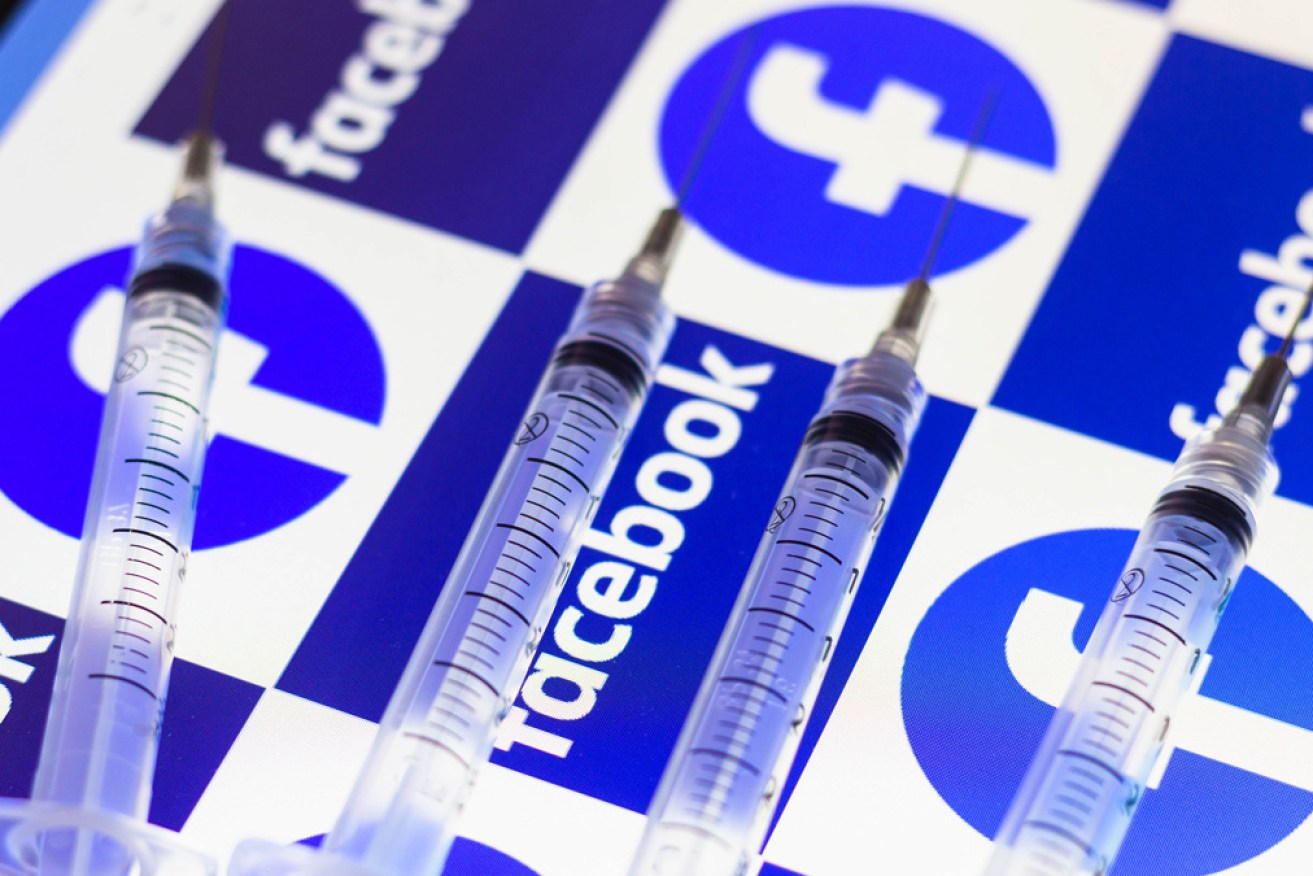The winners and losers of Facebook’s deal with the Morrison government


Senior government ministers have raised fears Facebook's news ban will allow COVID misinformation to spread. Photo: Getty
Facebook will restore news content for Australian users this week after the Morrison government agreed to make amendments to its proposed media bargaining laws.
But while Aussies get the news back in their feeds, the power still sits squarely with Facebook and Rupert Murdoch, experts say.
The backflip comes after Facebook blocked all news on its platform in Australia last week – including government pages and health and emergency services – in response to proposed legislation that would force tech giants to negotiate a fair payment with news publishers for sharing their content.
The historic ban rocked Australia and the world, serving as a warning to other governments considering enforcing similar rules on the company.
But on Tuesday, Treasurer Josh Frydenberg and Communications Minister Paul Fletcher announced a deal had been made just as the legislation was being debated in the Senate.
“Facebook has re-friended Australia,” Mr Frydenberg told reporters as he announced the amendments.
But what does this mean in practice? And who’s got the better end of the deal?
The winners
The biggest winners are Facebook and major news outlets like News Limited and Channel Nine, say digital media experts.
“It’s Facebook’s win for the most part,” said Axel Bruns, a digital media researcher at Queensland University of Technology.
“It’s watering down the news media bargaining code in the way that it’s been designed. It essentially means that Facebook can’t easily be forced into any kind of arbitration it doesn’t want.”
In other words, as long as Facebook has signed commercials deals with some “significant players” like Channel Nine, News Limited or the ABC, it will not be included in the code.
#BREAKING: In a positive development this afternoon, Seven West Media has announced a commercial partnership with Facebook to provide news content across their metro & regional media platforms. @PaulFletcherMP
— Josh Frydenberg (@JoshFrydenberg) February 23, 2021
“It’s going to be very difficult for anyone to do anything with the code,” said Dr Tama Leaver, a professor of internet studies at Curtin University.
“It’s a bit like a gun that sits in the Treasurer’s desk that he decides not to use.”
It’s also up to Facebook to decide if it pays one news outlet more than another.
“It’s a shift of balance from the stick to the carrot for Facebook,” Professor Bruns said.
Reminding Australia of its powerful position on Tuesday, Facebook’s head of news partnerships Campbell Brown said the company “will retain the ability to decide if news appears on Facebook so that we won’t automatically be subject to a forced negotiation”.
This means Facebook can suddenly remove news for Australian users again in the future if it doesn’t get its way.

If Facebook had a top friends list, Rupert Murdoch would be in the top three.
Major news outlets
“The biggest winner is News Limited,” Dr Leaver told TND.
“That’s because they got what they wanted, which was finding a mechanism to get some money out of social media companies, which they’ve never managed to do before.”
It is no secret that Australia’s newspaper ownership is already among the most concentrated in the world.
Rupert Murdoch’s News Corp Australia owns nearly two-thirds of the country’s daily newspapers, including the Herald Sun, Daily Telegraph and The Australian.
And it appears the company is going to come out on top again.
“As far as I’m aware, they’re the only ones to strike a global deal,” Dr Leaver said.
Professor Bruns said the bargaining agreement would provide some cash flow to large commercial operators like Channel Nine or News Corp Australia.
“It’ll be like royalties in the music industry – money always ends up going mainly to the big labels,” he said.
“It will benefit some of the major players, like Nine and News Corp and maybe the ABC but that’s about it.”
The losers
Regional newspapers, independent news outlets and the Australian public won’t get much out of the deal.
The main benefit is that Facebook will start allowing news content back on its platform again, but it won’t do much to boost media diversity.
That’s because large media companies will likely snap up all the commercial deals with platforms.
“Facebook has never had much sense of its social responsibilities,” Professor Bruns said.
“The major news organisations are very much in it for themselves to supplement funding, given their underlying business model has basically failed.
“And the government, none of what it’s done… is designed to support small news outlets to grow diversity in the Australian media landscape, or in any way provide more support to struggling news business in the regions.”
But Dr Leaver said Facebook could emerge as a loser, too.
“Facebook won globally, but lost with Australians,” he said.
“The reputational damage is very high. Hopefully this will be a moment that Australians realise they need to have some diversity in their social media, and that relying on any one commercial platform is an unhealthy choice.”









